
Introduction
Depression is more than just sadness. It’s a persistent mental health condition that drains energy, motivation, and interest from daily life. Millions struggle with it silently—sometimes without even realizing it’s depression. Recognizing its signs, understanding its roots, and exploring effective treatments is key to reclaiming emotional health.
🔍 Causes of Depression
Depression isn’t caused by a single factor. It usually results from a combination of biological, psychological, and social influences:
1. Biological Factors
Chemical imbalances: Especially involving serotonin, dopamine, and norepinephrine.
Genetics: Family history increases risk.
2. Psychological Factors
Negative thinking patterns
Low self-esteem
Unresolved trauma or grief
3. Social & Environmental Triggers
Chronic stress, financial issues, unemployment
Relationship conflicts or social isolation
Major life changes (divorce, loss of a loved one, illness)
⚠️ Common Symptoms of Depression
Symptoms vary in intensity and duration, but often include:
Persistent sadness, emptiness, or hopelessness
Loss of interest in hobbies or activities
Changes in appetite or weight
Insomnia or excessive sleeping
Fatigue or low energy
Difficulty concentrating
Feelings of worthlessness or guilt
Thoughts of death or suicide
Note: Symptoms must last at least two weeks and impair daily functioning for a clinical diagnosis.
🩺 Diagnosis
A qualified mental health professional uses:
Clinical interview (patient history, mood patterns, life events)
Diagnostic criteria (DSM-5 for Major Depressive Disorder)
Assessment tools like the PHQ-9 or Beck Depression Inventory
Sometimes physical conditions (e.g., thyroid disorders, anemia) can mimic depression—so medical evaluation is important.
💊 General Treatment Options
1. Psychotherapy
Cognitive Behavioral Therapy (CBT): Helps patients identify and change negative thought patterns.
Interpersonal Therapy (IPT): Focuses on improving relationships and communication.
Psychodynamic Therapy: Explores unconscious conflicts rooted in the past.
2. Medication
Antidepressants (SSRIs, SNRIs, tricyclics): Useful in moderate to severe cases.
Mood stabilizers or antipsychotics: Sometimes used in treatment-resistant depression.
3. Lifestyle Changes
Regular exercise, sunlight exposure
Healthy sleep hygiene and nutrition
Social support and structured routine
🌿 Homeopathic Approach to Depression
Homeopathy offers a gentle, holistic approach tailored to the individual. It focuses on emotional, physical, and constitutional traits, not just surface symptoms.
Key Principles:
Treat the person, not just the label
Match remedy to personality and emotional state
Consider past trauma, fears, and behavioral tendencies
Commonly Used Homeopathic Remedies:
1. Ignatia Amara
For grief, heartbreak, or emotional shock
Mood swings, deep sighing, and a lump-in-the-throat feeling
2. Natrum Muriaticum
Silent suffering, suppressed emotions
Craves solitude, but deeply affected by rejection or betrayal
3. Aurum Metallicum
For deep hopelessness, suicidal thoughts, or worthlessness
Often seen in high-achieving individuals who feel they've failed
4. Sepia
Indifference to loved ones, irritability, mental exhaustion
Common in hormonal or postpartum depression
5. Pulsatilla
For gentle, weepy individuals who crave reassurance
Mood changes easily; feels better in open air
Dr. Vivek G. Vasoya’s Approach
As a Homeopathic Psychiatrist & Psychotherapist, Dr. Vasoya integrates constitutional remedies with psychological insight. His treatment plans are not only symptom-focused but also aim to unlock suppressed emotional patterns, restore internal balance, and boost emotional resilience.
🧘♀️ Self-Care Tips for Managing Depression
Talk openly: Share with a trusted person or join a support group.
Stay active: Even small walks can help regulate mood.
Avoid isolation: Depression feeds on silence and solitude.
Practice mindfulness: Meditation, journaling, or deep breathing can offer clarity.
Stick to a routine: Structure gives your brain predictability and focus.
Final Thoughts
Depression is not weakness. It’s not “in your head.” It’s a real, treatable condition that affects how you think, feel, and live. Whether through psychotherapy, medication, homeopathy, or a combination—healing is possible.
The first step? Reach out. Speak up. Seek help.
Your mind matters. And so do you.



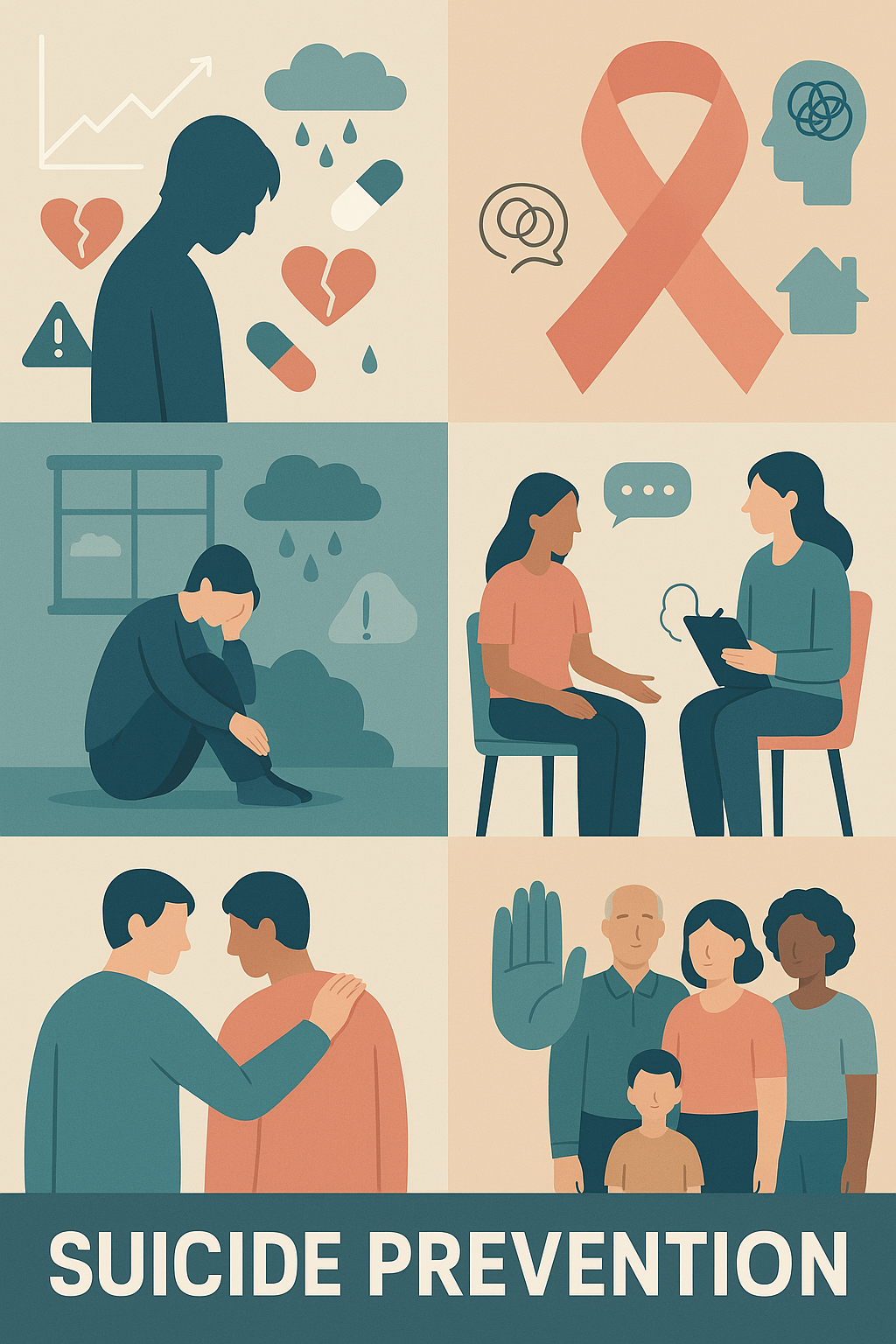
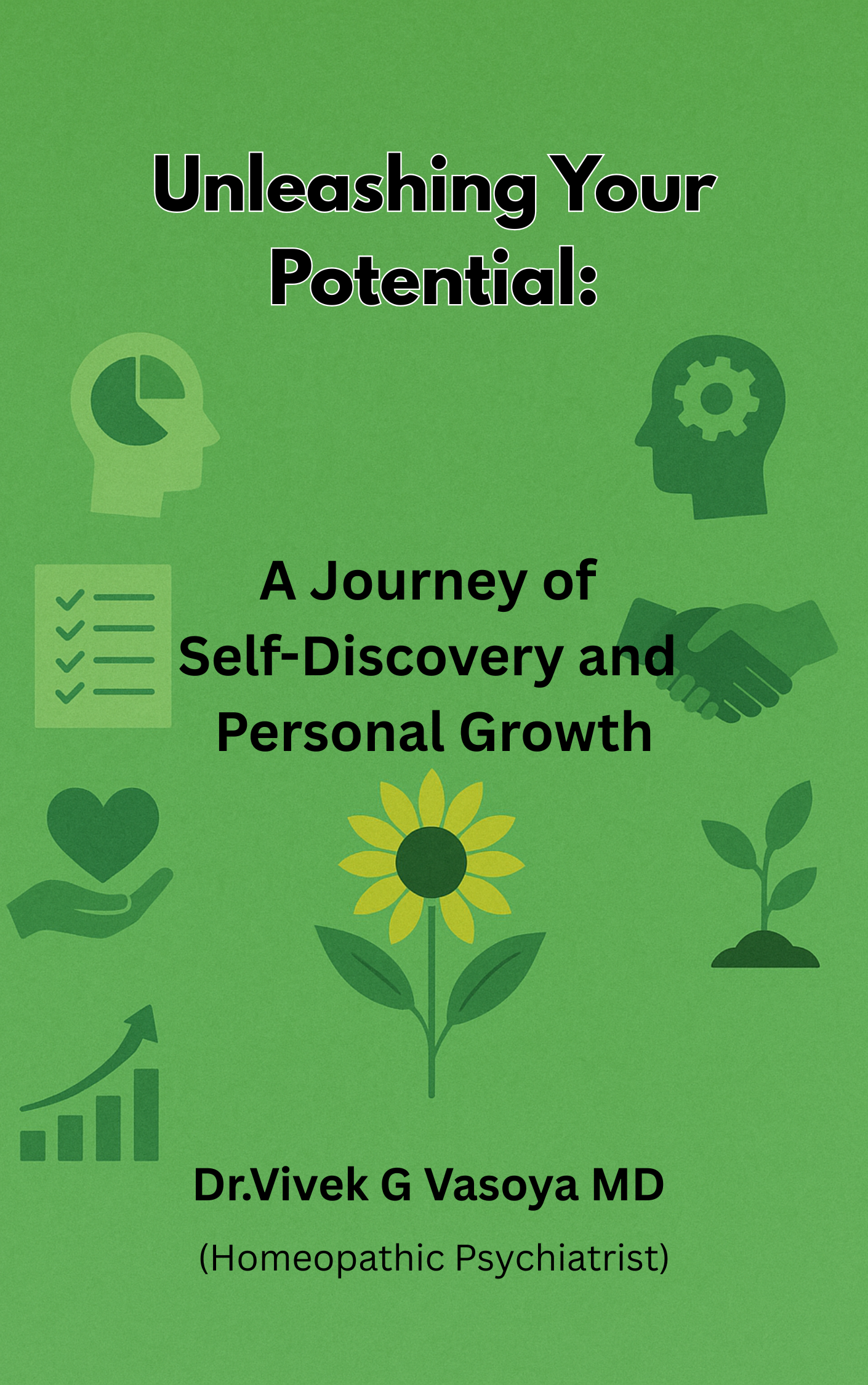
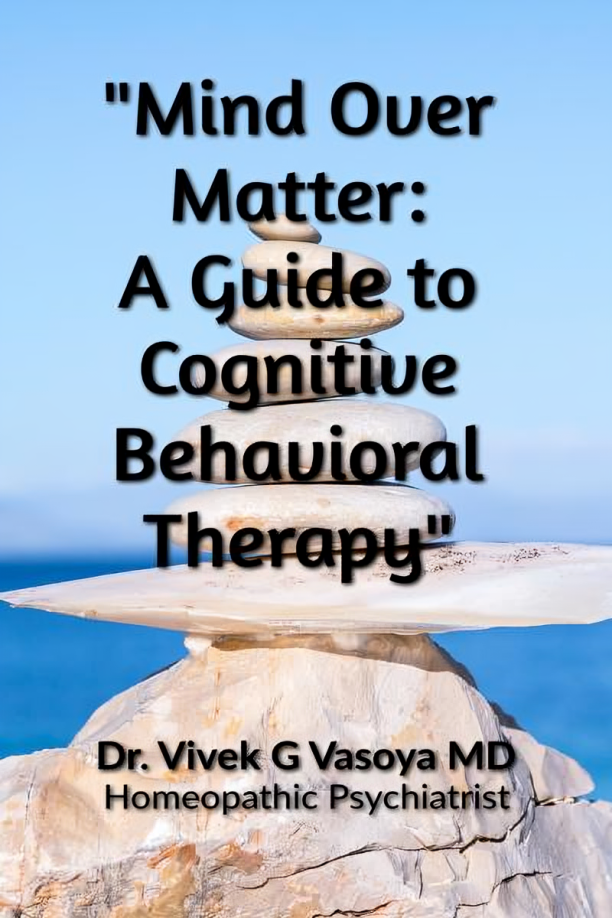
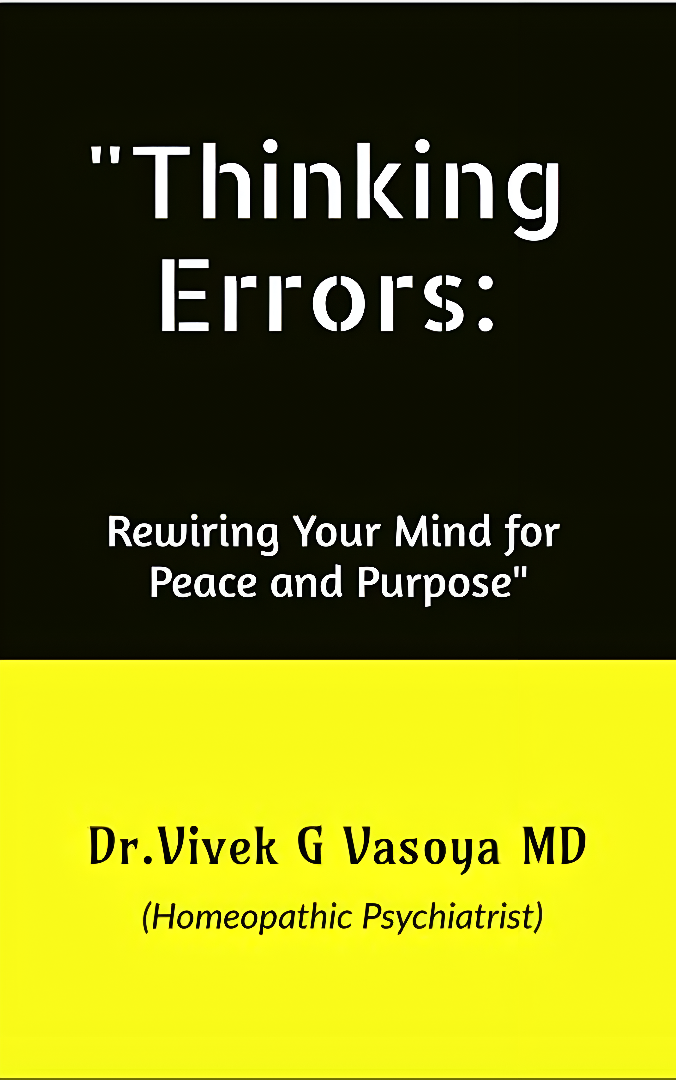
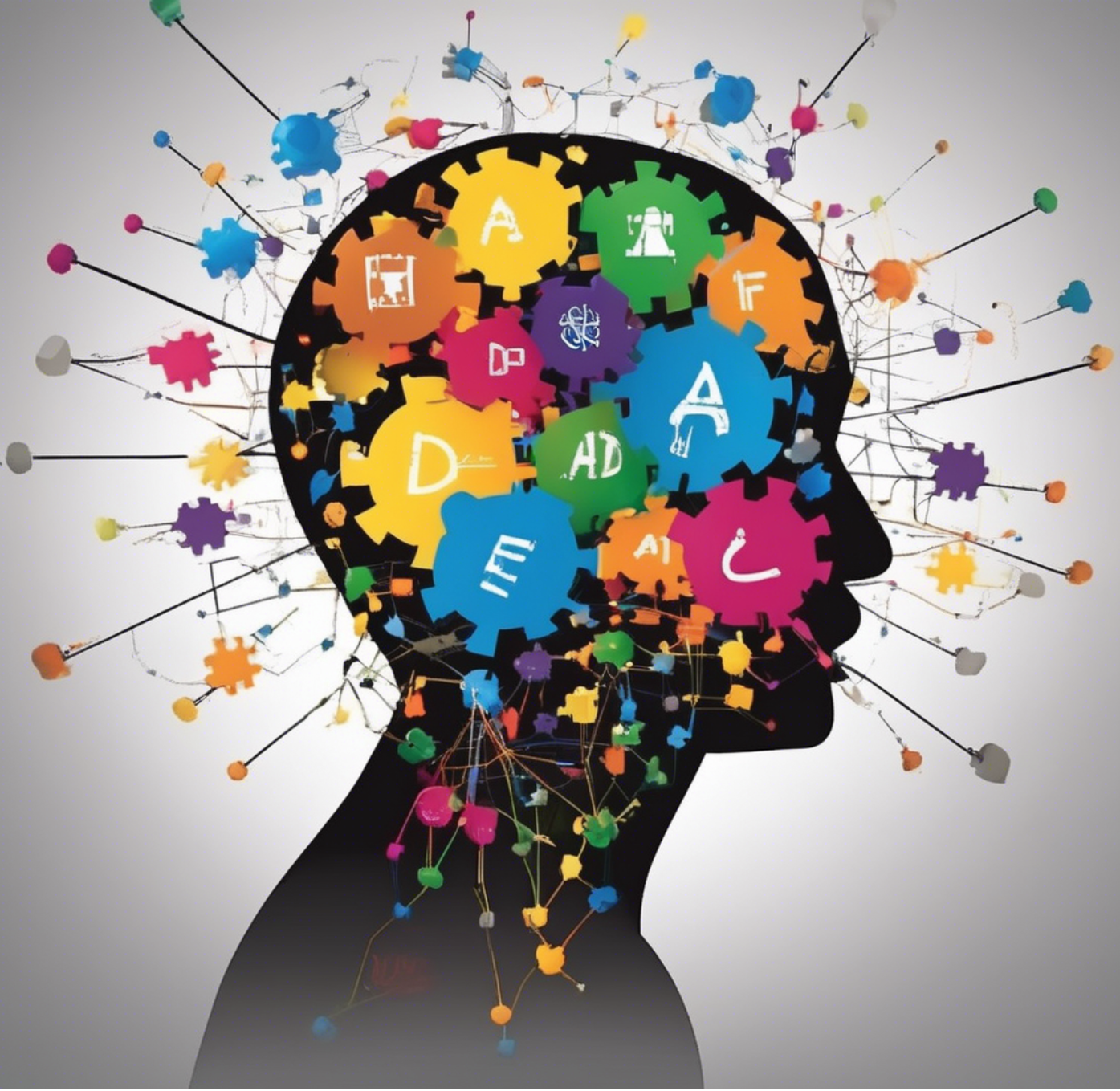
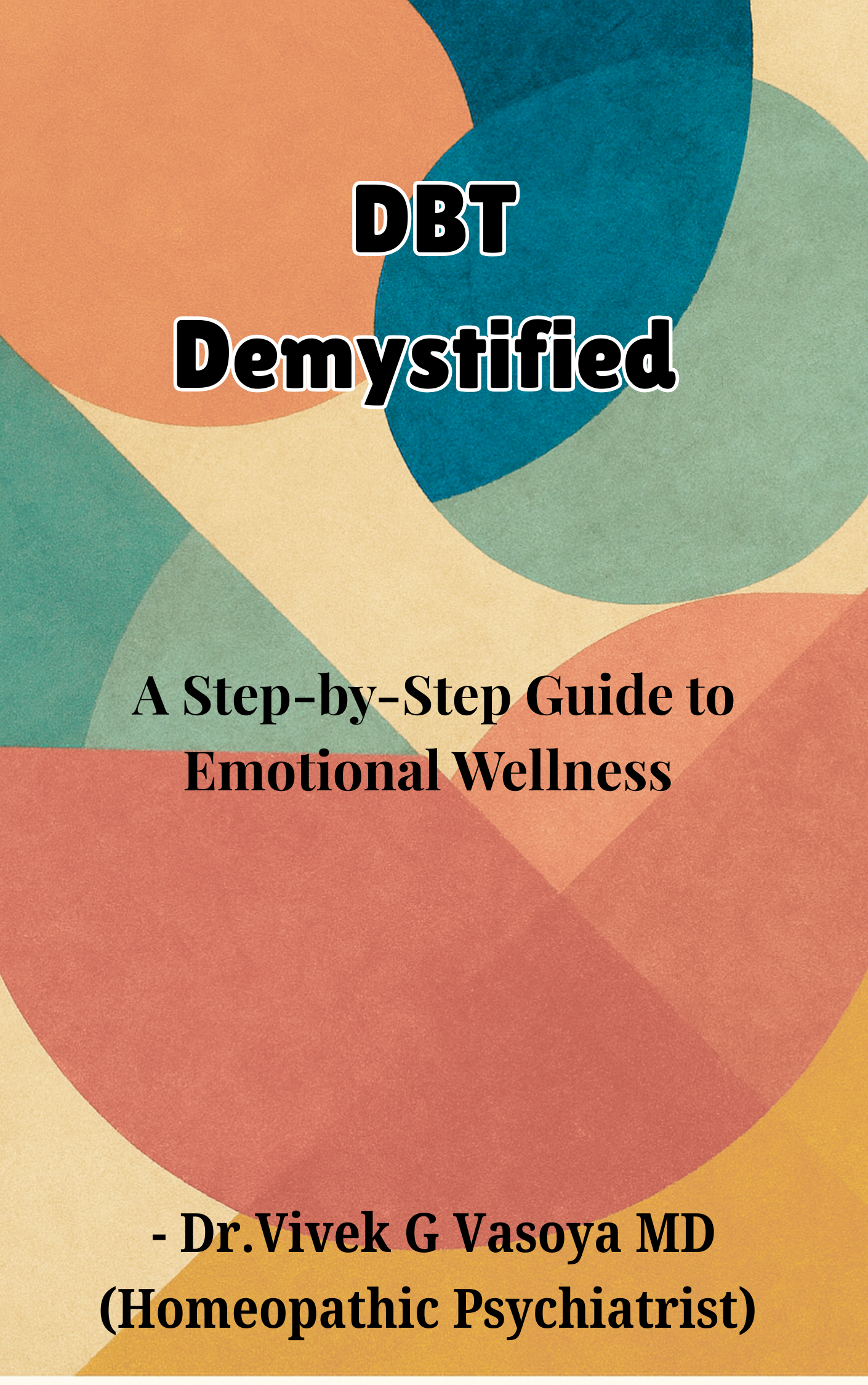
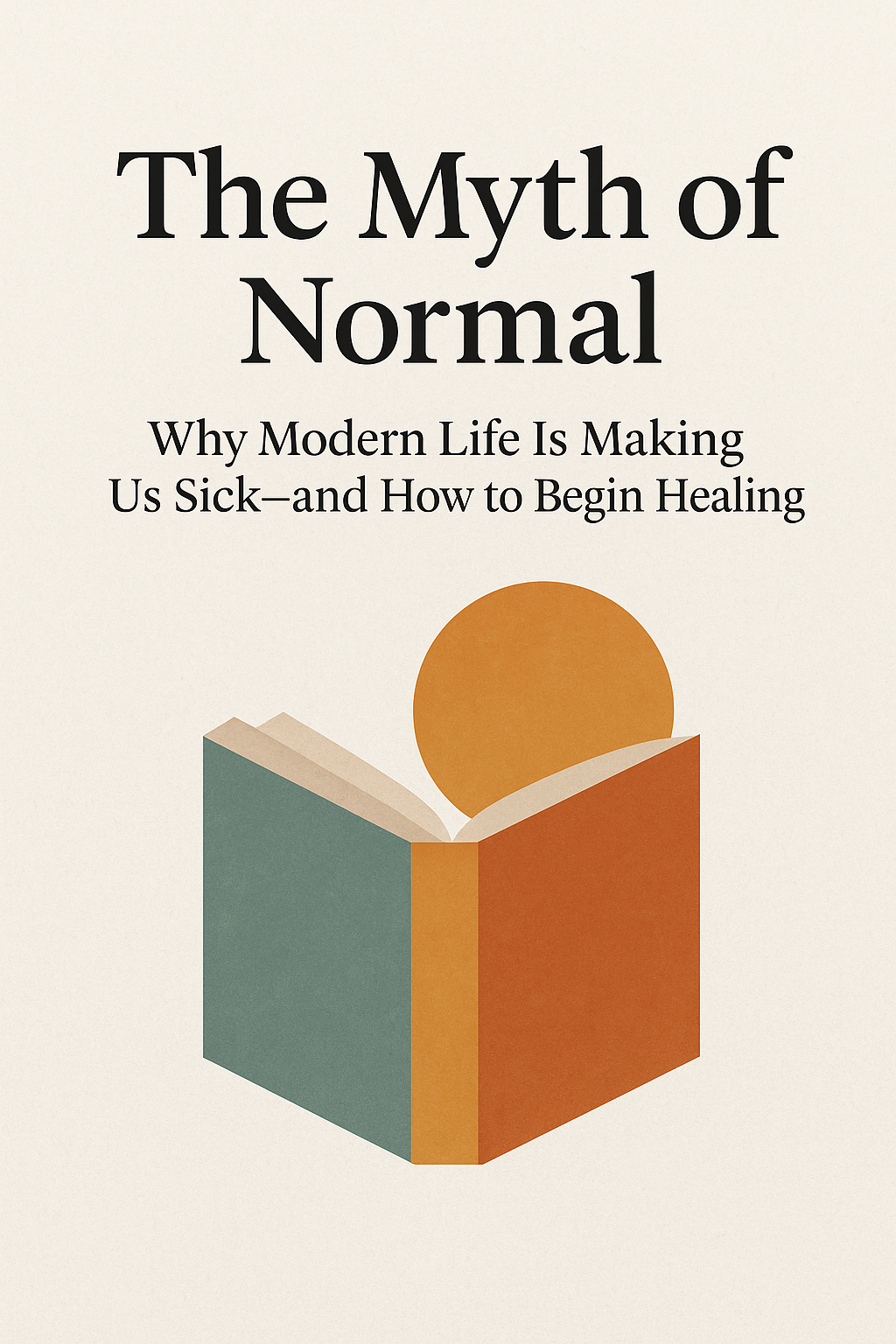
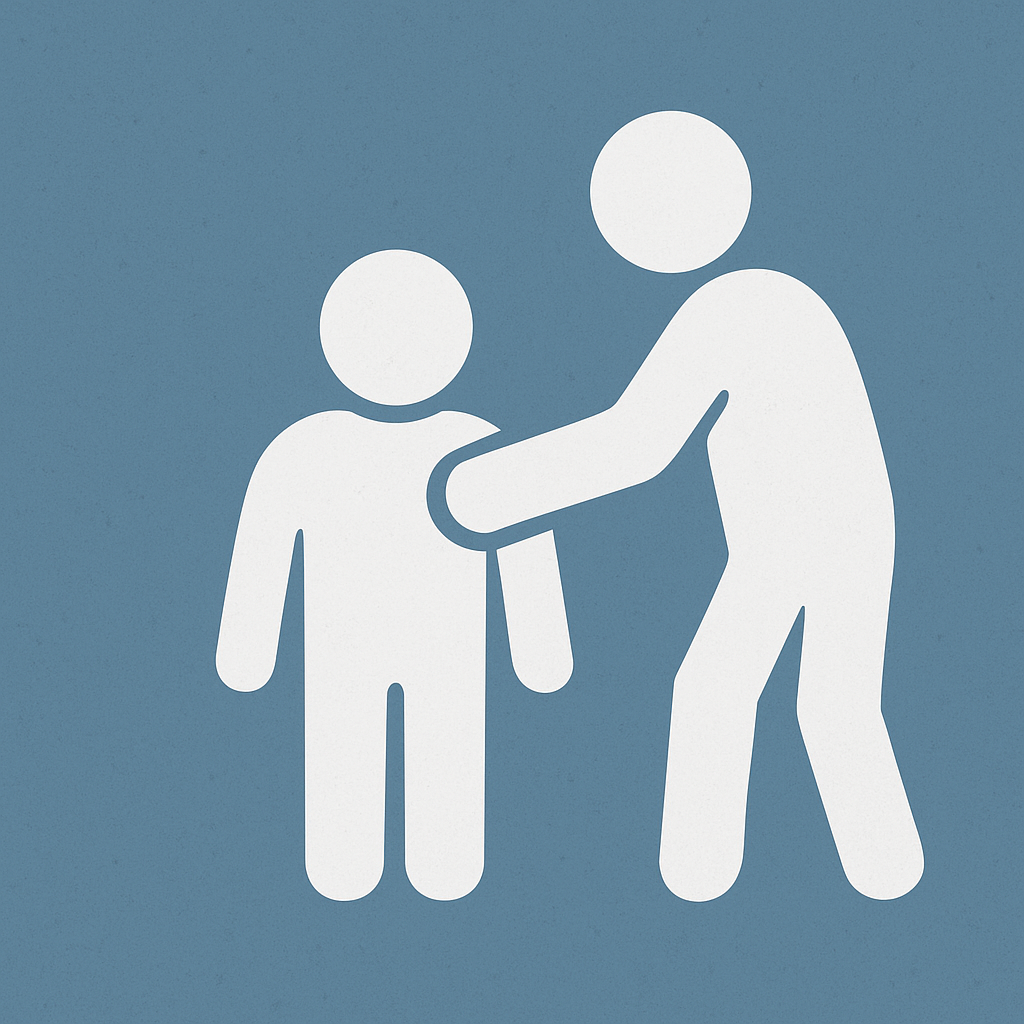
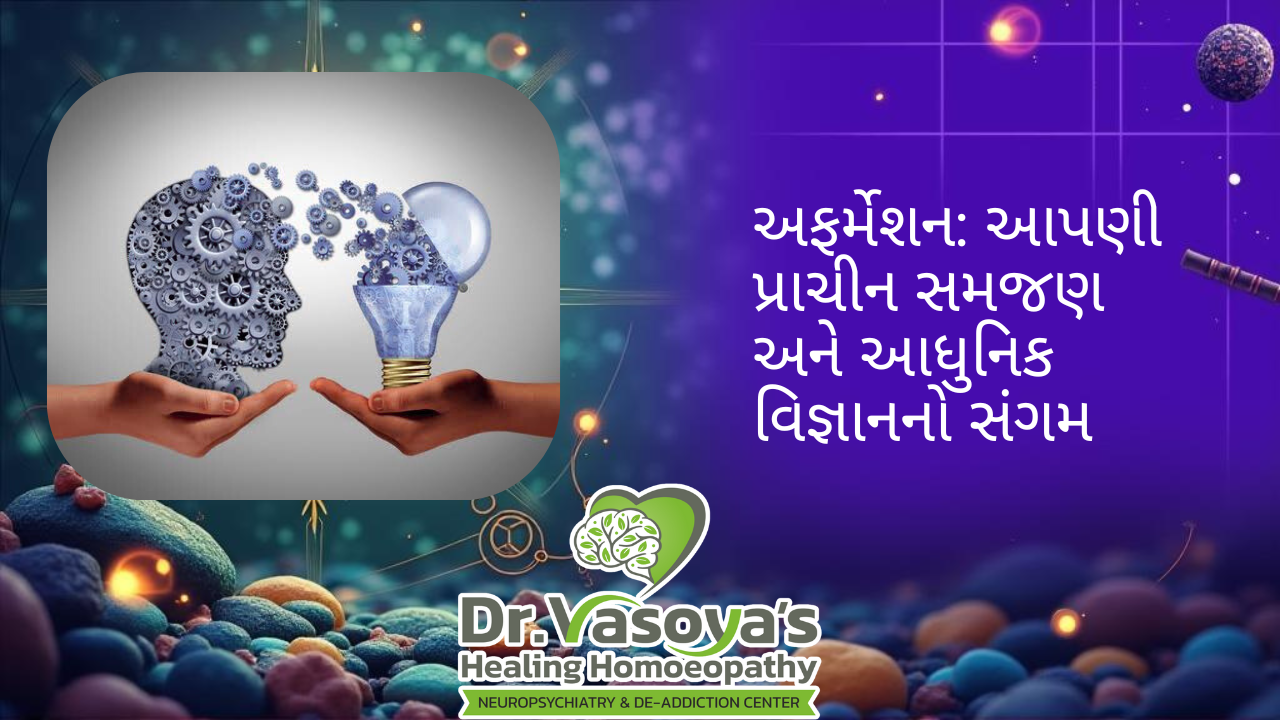
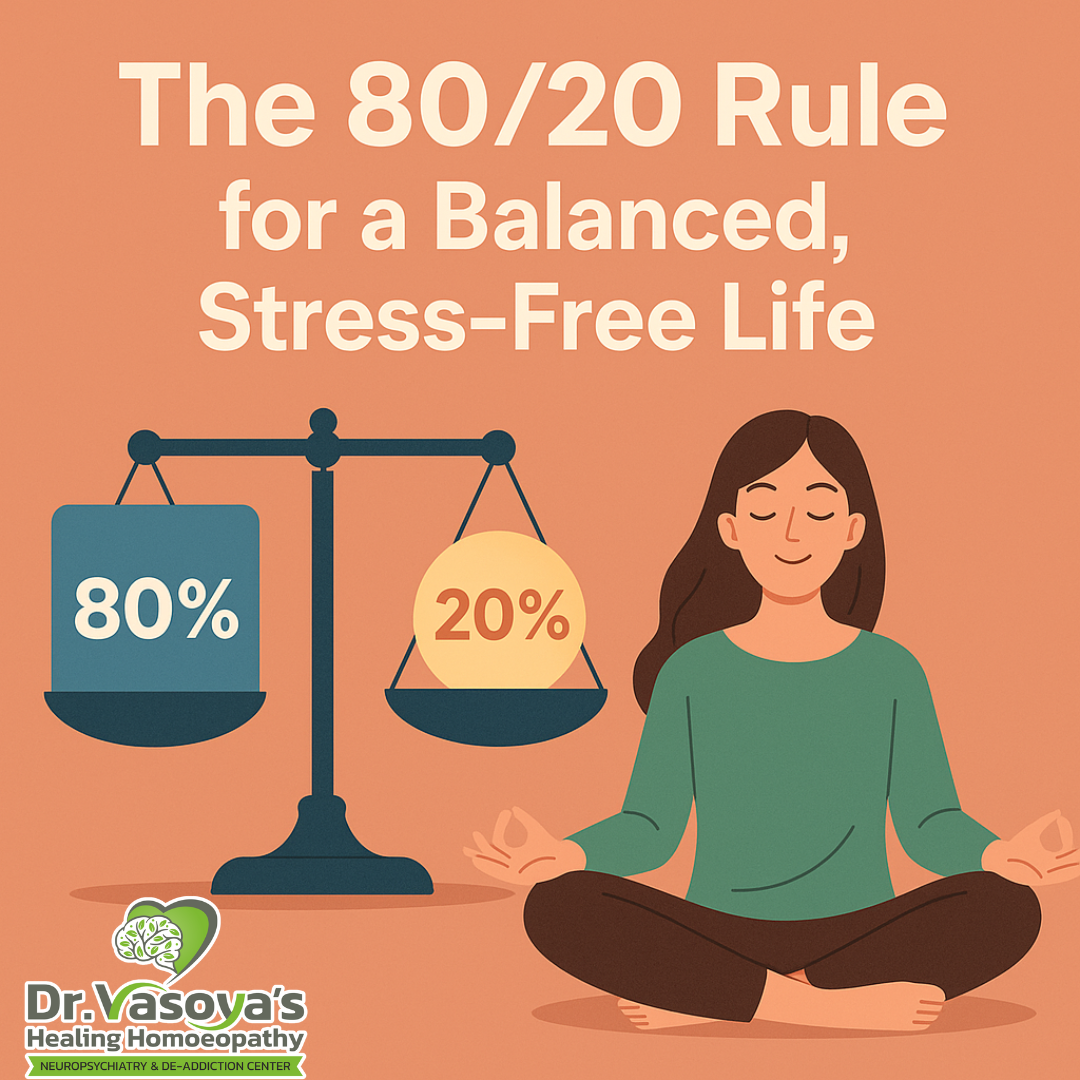
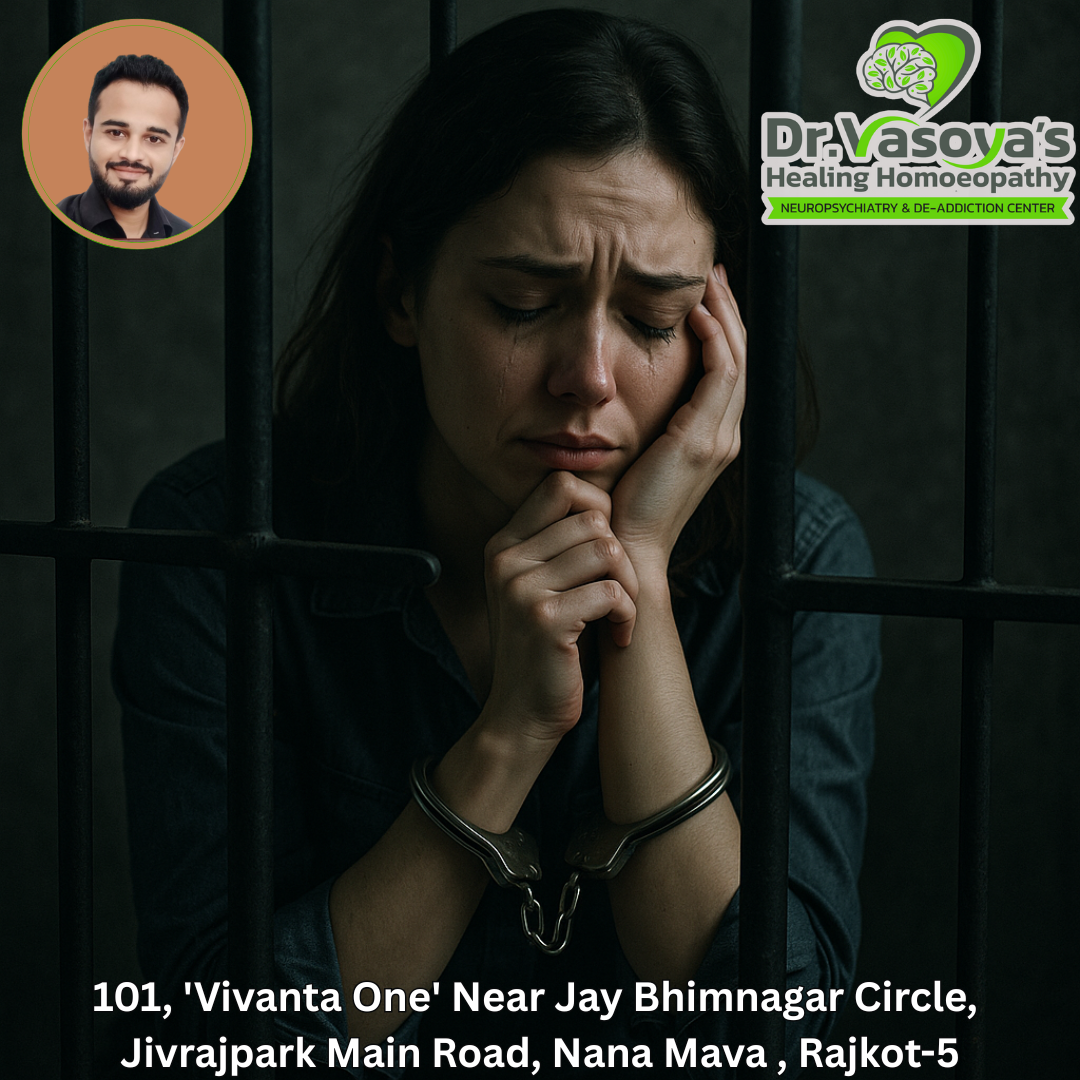






Write a comment ...